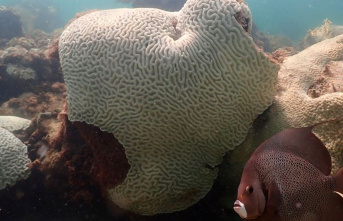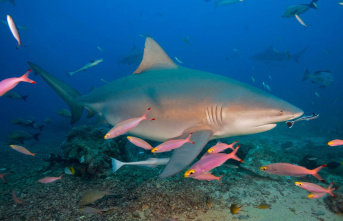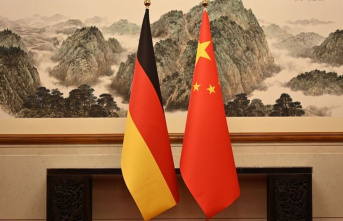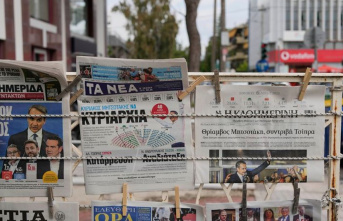The EU Council Presidency wrote about the sanctions in the short message service Twitter: "The EU remains united and shows solidarity with Ukraine." Poland had initially demanded a lower price cap, reportedly around $30. Now that the market price is expected to rise, $60 is fine, Sados said. Currently, the market price of Russian Urals oil is around $65 per barrel.
The price cap is intended to make it more difficult for Moscow to circumvent the sanctions imposed because of the Ukraine war through sales outside the EU. China and India, for example, will still be able to import Russian oil, but under the proposed plan, European companies would be barred from transporting oil or insuring tankers carrying oil at prices above the $60 cap.
The oil price cap is intended to reduce Russia's income from oil exports - and thus the financial means to continue the offensive in Ukraine. However, the price of oil must remain above the production price for Russia to continue to have an incentive to sell oil and not turn off the oil tap.
Energy expert Phuc-Vinh Nguyen from the Delors Institute estimates that Russia has earned 67 billion euros from the sale of oil to EU countries alone since the start of its war of aggression against Ukraine. Russia is the second largest exporter of crude oil in the world.
The G7 countries Germany, France, Great Britain, Italy, Japan, Canada and the USA have already introduced the oil price cap.
The EU's price cap will help limit Russian President Vladimir Putin's ability to "profit from the oil market so he can continue to fund a war machine that continues to kill innocent Ukrainians," White House National Security Council spokesman John Kirby said .
The Russian President warned last week that an oil price cap would have "serious consequences" for the global energy market. In addition, such a measure "violates the principles of trade relations," said Putin.
Russia had warned that it would stop supplying oil to countries that introduced this cap. In contrast, EU Commission chief Ursula von der Leyen said on Twitter on Friday: "The upper limit will help stabilize global energy markets (...) and will directly benefit emerging and developing countries," since they receive Russian oil at prices below the upper limit be able.
On Monday, the European Union's embargo against the import of Russian crude oil by sea will come into effect. This affects two thirds of imports, the rest comes via pipelines.
and/cash












